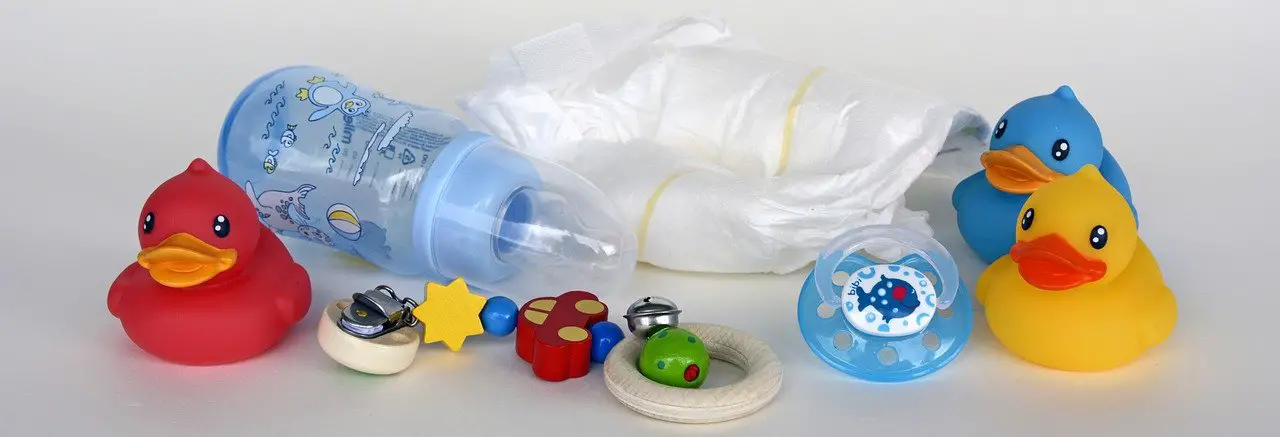Are you curious about if it’s worth it to donate plasma for money, then the short answer is yes. The article is about how donating plasma is a fast and easy way to make some good money on the side. There are many different locations where you can donate, including grocery stores, university blood drives and hospitals. All you have to do is set up an appointment online or over the phone and show up with a photo ID. You’ll be compensated $20-40 per donation in most cases.
The first thing people usually think of when they need cash quickly is taking on more work hours or doing odd jobs like babysitting or dog walking, but there’s another option that doesn’t require any added time commitments: donate plasma for money! Plasma donation has long been one of the most common ways to donate your body’s resources without spending any extra time away from work
How much do you get for selling plasma

The compensation rate for plasma is $20-40. This is usually dependent on the location you donate at, the frequency of your donation and your weight.
– $20 for the first donation
– $25 for subsequent donations (within a week)
– $30 for subsequent donations (more than a week after your last donation)
Depending on the location you donate at, you may be eligible to donate again in 2 weeks or less. This is dependent on their policies and your weight. In addition to compensation, many locations will also offer a free snack and drink.
If you donate at a medical center or hospital, you may be able to donate again within 2 weeks instead of 8. This is because medical centers have stricter guidelines, but make sure to check with your specific location.
One of the most important things about plasma donation is staying hydrated. It’s recommended to drink at least 5 cups of water before donating and 4-8 while you donate.
Is donating plasma painful
Donating plasma is not an especially painful process. This is because the needles used are very thin and they don’t penetrate more than a few inches into your arm. In fact, some people say that donating plasma feels like getting blood drawn at the doctor’s office or giving blood at a hospital donation center. The only difference is that you donate every two weeks instead of just once or twice per year as with other types of donations. But if it worries you, know that there are lots of ways to donate without being in any pain whatsoever!
What disqualifies you from donating plasma

Blood and plasma donations are an important source of income for many people across the globe. There are a number of reasons why someone would donate blood or plasma, but common motivations include the need for extra money and, in some cases, a medical condition which prohibits them from fulfilling their job responsibilities. For example, donating blood is commonly used as a way to assist oneself with treatments like cancer since it offers protection against infections that may arise from chemotherapy.
Although all donated blood is thoroughly tested for various diseases such as HIV and hepatitis B before being distributed to patients in need, there is always a risk of contracting an infection from donating blood if you do not have access to proper health care. These risks have led to specific guidelines that address when people are allowed to donate blood and when they are disqualified from doing so. These guidelines vary depending on the country in which you donate, but some of them include:
Pregnancy – If you are pregnant, you must wait until at least 6 months after your due date has passed before donating blood or plasma. In addition, many countries also require that you do not donate immediately before or after giving birth.
Recent surgery – If you have had a significant surgical procedure performed in the last six months, or if there is a medical device which has been implanted into your body for a long time, it can be dangerous to donate blood as well. It is important that you wait at least 6 months after your surgery to donate plasma.
Diabetes – Many countries require that you do not donate blood or donate with restrictions if you have diabetes. For example, the United States requires that a person with diabetes does not donate within a certain time period (this is determined by individual donors) before their last meal and/or glucose monitoring.
Malnutrition – It is extremely important that you donate blood or plasma if you are malnourished. Not only does malnutrition increase your chances of contracting an infection, but it can also cause other health problems as well. You must be healthy and in good condition to donate blood or plasma.
Infections – Some infections, such as HIV and syphilis, are considered disqualifying conditions when it comes to donating blood or plasma. In fact, most countries have strict guidelines that prevent individuals from donating if they have a history of illegal drug use. Other health problems which can also be disqualifying when it comes to giving blood or plasma include cancer treatments, kidney disease and asthma.
Other issues – Some countries also disqualify individuals who have recently received a transfusion of blood or plasma, whether it was for personal use or not. Individuals who have undergone organ transplants are often disqualified from donating as well. In addition, pregnant women are usually deferred from giving any kind of donation.
Is it bad to donate plasma
The risks associated with donating plasma are relatively minimal. In addition, donating plasma does not compromise the function of the immune system. The procedure involves drawing blood and separating out the plasma portion to donate. The red blood cells and platelets are then returned back to the body.
Conclusion
If you donate plasma for money, it’s important to know that the process is very safe. It’s also worth noting that there are different locations where people can donate: grocery stores, university blood drives and hospitals. All you need to do is set up an appointment online or over the phone with one of these organizations and show up at your appointed time with a photo ID in hand. Your compensation will vary from case to case but usually ranges between $20-40 per donation. All in all, it’s a pretty good way to make just a little bit of extra money.






